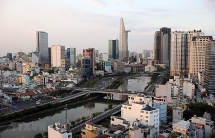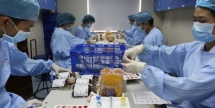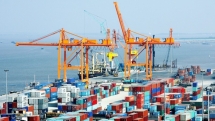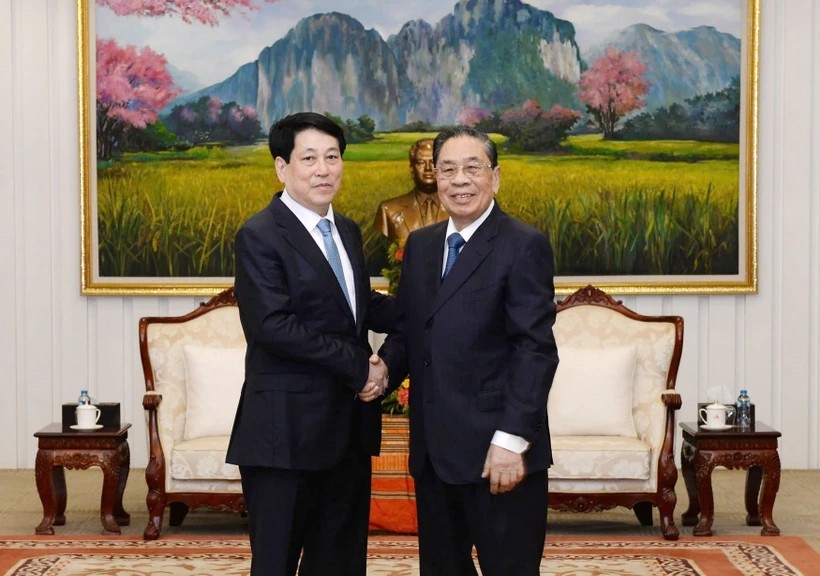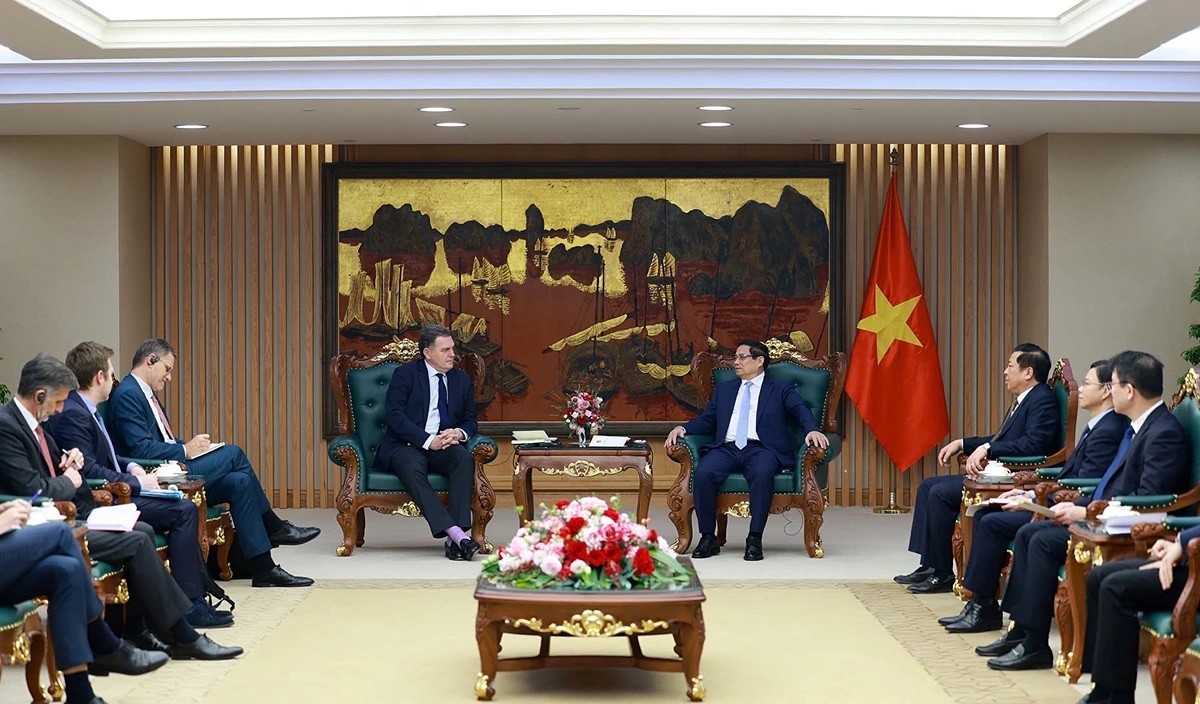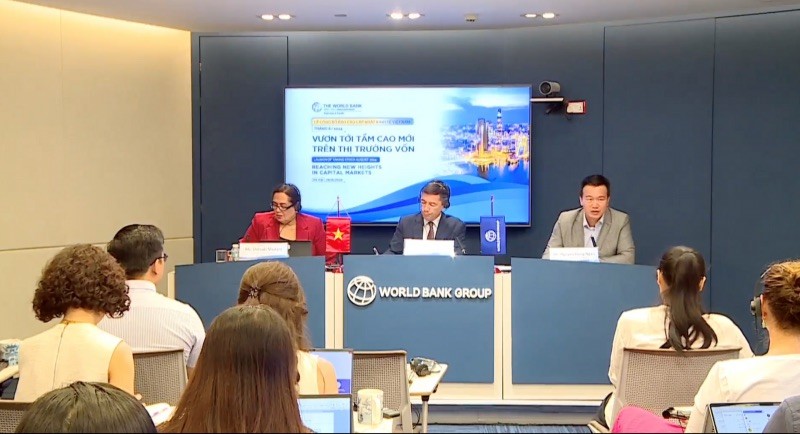The World Bank warns EAP countries to face "global financial shock and recession" unless they act fast
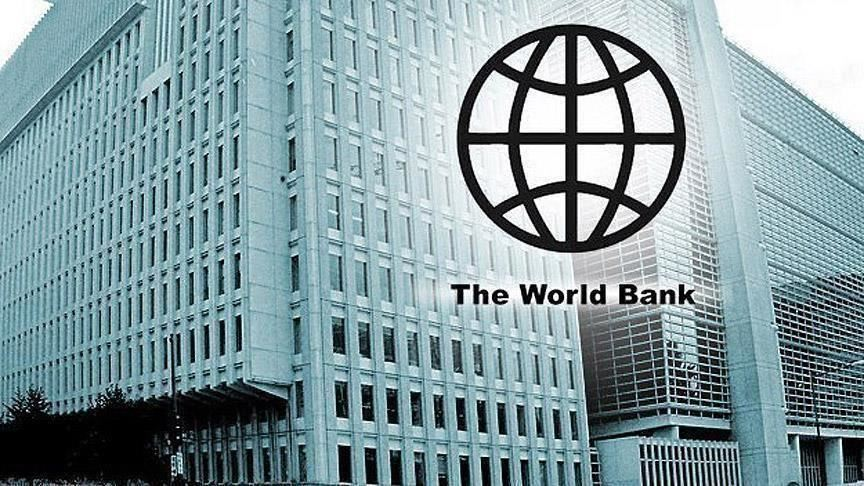 |
| The World Bank on Tuesday March 31 said developing economies in East Asia and the Pacific (EAP) recovering from trade tensions and struggling with COVID-19, now face the prospect of a global financial shock and recession |
The World Bank said in a new report that the virus triggering a supply shock in China has now caused a global shock. This could make developing economies in East Asia and the Pacific (EAP), recovering from trade tensions and struggling with COVID-19, now face the prospect of a global financial shock and recession.
In a rapidly changing environment, making precise growth projections is unusually difficult. Therefore, the report presents both a baseline and a lower case scenario. Growth in the developing EAP region is projected to slow to 2.1 percent in the baseline and to negative 0.5 in the lower case scenario in 2020, from an estimated 5.8 percent in 2019. Growth in China is projected to decline to 2.3 percent in the baseline and 0.1 percent in the lower case scenario in 2020, from 6.1 percent in 2019. Containment of the pandemic would allow for a sustained recovery in the region, although risks to the outlook from financial market stress would remain high.
It also estimats that the COVID-19 shock will also have a serious impact on poverty, under the baseline growth scenario, nearly 24 million fewer people will escape poverty across the region in 2020 than would have in the absence of the pandemic (using a poverty line of US$5.50/day). If the economic situation were to deteriorate further, and the lower-case scenario prevails, then poverty is estimated to increase by about 11 million people. Prior projections estimated that nearly 35 million people would escape poverty in EAP in 2020, including over 25 million in China alone.
“Countries in East Asia and the Pacific that were already coping with international trade tensions and the repercussions of the spread of COVID-19 in China are now faced with a global shock,” said Victoria Kwakwa, Vice President for East Asia and the Pacific at the World Bank. “The good news is that the region has strengths it can tap, but countries will have to act fast and at a scale not previously imagined.”
As statement on CNN that much of the world is now experiencing the same economic hardships that China went through weeks ago. The global push to keep people at home to stop the virus' transmission is severely impacting manufacturing, production and supply chains while also hurting consumer demand. Increased border restrictions are also slowing the movement of goods and people across the planet.
The report calls for international cooperation and new cross-border public-private partnerships to ramp up the production and supply of key medical supplies and services in the face of the pandemic, and to ensure financial stability in the aftermath. Critically, trade policy should stay open so medical and other supplies are available to all countries, as well as to facilitate the region’s rapid economic recovery.
Another policy recommendation is easing credit to help households smooth their consumption and help firms survive the immediate shock. However, given the potential of an extended crisis, the report emphasizes the need to couple such measures with regulatory oversight, particularly as many countries in EAP already carry a high burden of corporate and household debt
The report also highlights the substantially higher risk of falling into poverty among households dependent on sectors that are particularly vulnerable to COVID-19 impacts, such as tourism in Thailand and the Pacific Islands, manufacturing in Cambodia and Vietnam, and among households dependent on informal labor in all countries. In some countries, the impact of COVID-19 comes on top of country-specific factors, such as droughts (Thailand) or commodity shocks (Mongolia). In the Pacific Island countries, the outlook for 2020 is subject to substantial risks due to their economies’ reliance on grants, tourism, and imports.
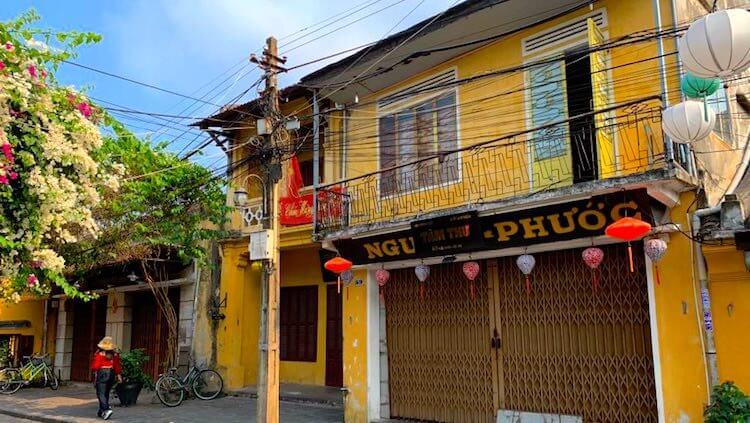 |
| Crowded tourist streets in Hoi An old town with all shops closed and |
Due to the COVID-19 pandemic, economic circumstances within countries and regions are fluid and change on a day-by-day basis. The analysis in the report is based on the latest country-level data available as of March 27.
The World Bank Group is rolling out a $14 billion fast-track package to strengthen the COVID-19 response in developing countries and shorten the time to recovery. The immediate response includes financing, policy advice and technical assistance to help countries cope with the health and economic impacts of the pandemic. The IFC is providing $8 billion in financing to help private companies affected by the pandemic and preserve jobs. IBRD and IDA are making an initial US$6 billion available for the health-response. As countries need broader support, the World Bank Group will deploy up to $160 billion over 15 months to protect the poor and vulnerable, support businesses, and bolster economic recovery.
 | World Bank: Vietnam can benefit more from global value chains Higher value added activities and boosting linkages between domestic firms with foreign markets and investors can help Vietnam move up global value chains, says two ... |
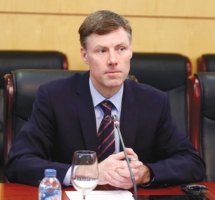 | World Bank accompanying Vietnam in achieving targets In a discussion on the eve of the third APEC 2017 Senior Officials’ Meeting (SOM 3), Mr. Achim Fock, Portfolio and Operations Manager World Bank ... |
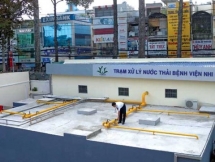 | World Bank helps hospitals recycle waste water A number of hospitals in Vietnam have successfully treated and reused their waste water with support from the World Bank. |
Recommended
 World
World
Pakistan NCRC report explores emerging child rights issues
 World
World
"India has right to defend herself against terror," says German Foreign Minister, endorses Op Sindoor
 World
World
‘We stand with India’: Japan, UAE back New Delhi over its global outreach against terror
 World
World
'Action Was Entirely Justifiable': Former US NSA John Bolton Backs India's Right After Pahalgam Attack
Popular article
 World
World
US, China Conclude Trade Talks with Positive Outcome
 World
World
Nifty, Sensex jumped more than 2% in opening as India-Pakistan tensions ease
 World
World
Easing of US-China Tariffs: Markets React Positively, Experts Remain Cautious
 World
World

